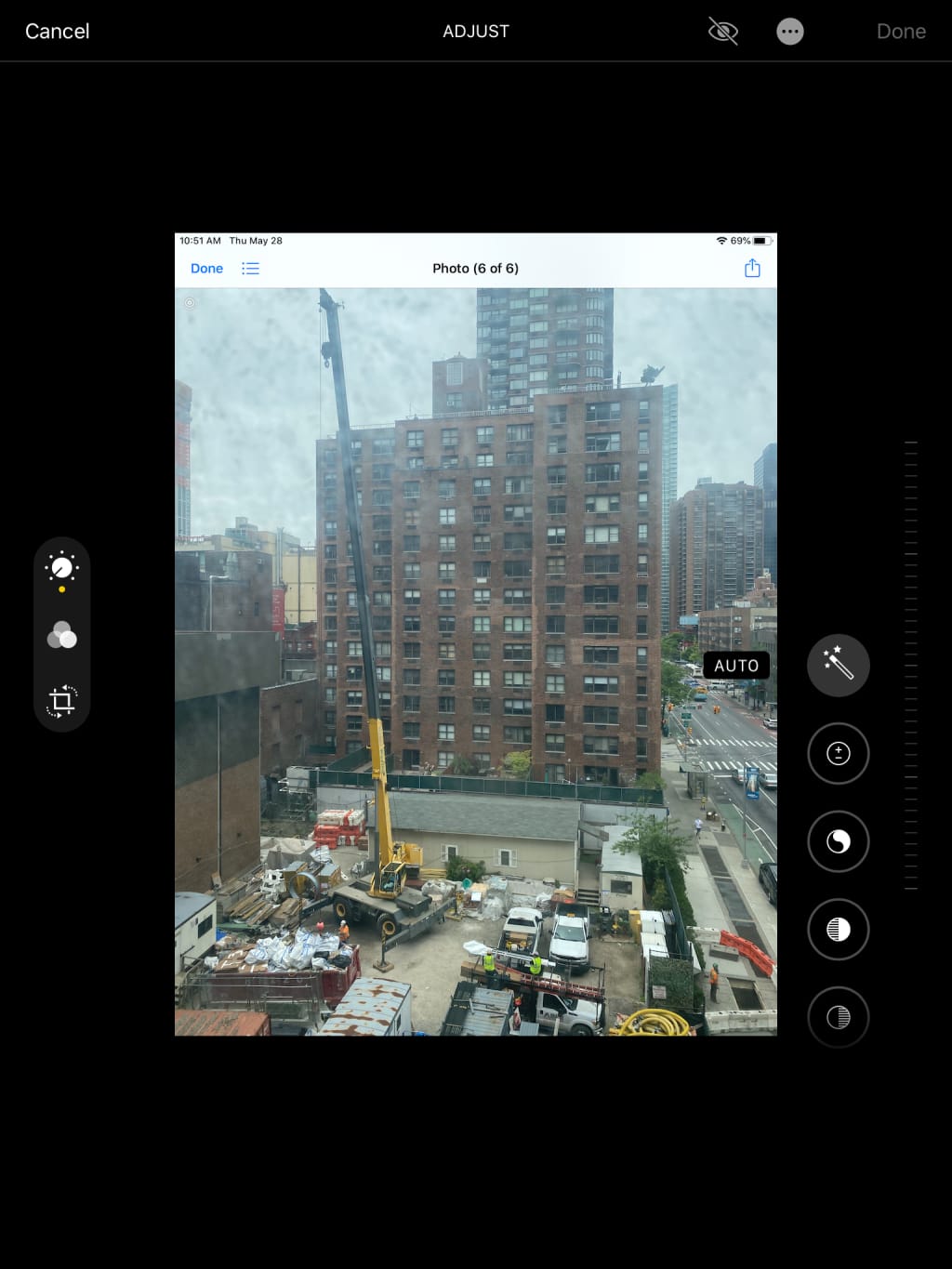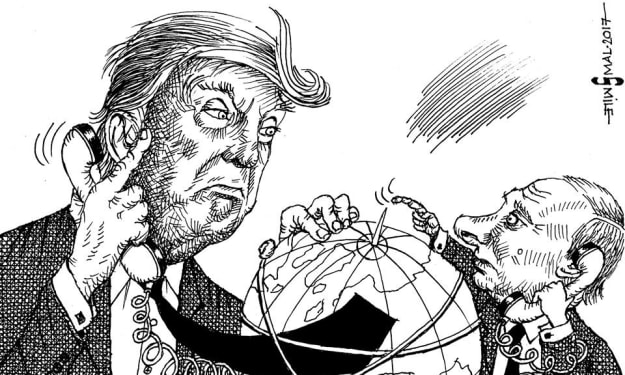Oh No! Some Workers May Not Want To Return To Work?
CARES ACT

Oh No! Some Workers May Not Want to Return to Work?
The Federal Reserve reported in its latest Beige Book report that the enhanced $600.00 in extra Unemployment Benefits is discouraging some workers from returning to work. Why should anyone be surprised?
If you incentivize individuals to do something, they will do it. This is particularly true for low income individuals who will end up earning more by collecting these weekly Unemployment benefits instead of returning to work. No one should blame these cohorts for responding to economic incentives. Currently, we have a lower capital gains tax in place to encourage investors to hold assets for a longer than a year to encourage a longer-term and more stable base of investments. And guess what -- this is exactly why lots of investors hold assets for longer than one year and avoid paying the higher ordinary income tax.
In 2017, the Tax Cuts and Jobs Act of 2017 was passed and signed into law. The act lowered the US corporate tax rate permanently to 21 percent starting in 2018 to incentivize companies to produce their products in the United States instead of going abroad to enjoy a lower tax rate. Not surprisingly, some US companies moved production back to the US to take advantage of this lower tax rate. Additionally, even some companies that had plans to move their production overseas opted to keep producing their goods inside the United States because they could no longer enjoy a lower corporate tax rate by offshoring.
It should therefore come as no surprise that all economic agents (including Corporate CEO’s and individuals) respond almost in all instances with an eye towards maximizing their economic gains. Consequently, no one should be surprised or upset to learn that lower income cohorts would prefer to stay at home enjoying enhanced Unemployment Benefits instead of returning to work to earn significantly less money!
So How Can We Encourage Individuals to Return to Work As States Re-open?
The solution to this “unemployment conundrum,” cited by the Federal Reserve in their Beige Book is quite simple. Incentivize these cohorts to return to work without penalizing those that are unable to return to work. To remain non-partisan, my advice would be let the individuals keep the $600.00 in enhanced benefits through the end of July 2020 (as per the CARES Act) but if workers are asked to return to work by their Employers -- let them enjoy their wages plus an extra $1200.00 per week through the end of July 2020. This will ensure that no one is encouraged to stay at home!
Some of you may think that this is a crazy and irresponsible idea. But take a deep breath before you reach a final conclusion on this proposal. First, I believe that most individuals will come back to work (if asked by their Employers), given these incentives. And it satisfies both sides of the political aisle because we maintain the desired $600.00 safety net for those that are not asked to return to work while encouraging others to choose work over Government assistance.
I would argue that with this stimulus, we may not need to release a second round of $1200.00 checks to the general population earning a salary below the agreed upon threshold. But if political considerations insist on providing this payment anyway, maybe we can tweak the program to include only those cohorts that are not collecting Unemployment Benefits or actually working and enjoying our proposed “return to work bonus”.
Finally, I didn’t even mention the fiscal stimulus boost to the economy from distributing all this money to cohorts that have traditionally spent a greater share of their disposable income (i.e., have a higher marginal propensity to consume).
Let’s do everything we can to get America back to work!
About the Creator
Anthony Chan
Chan Economics LLC, Public Speaker
Chief Global Economist & Public Speaker JPM Chase ('94-'19).
Senior Economist Barclays ('91-'94)
Economist, NY Federal Reserve ('89-'91)
Econ. Prof. (Univ. of Dayton, '86-'89)
Ph.D. Economics






Comments
There are no comments for this story
Be the first to respond and start the conversation.